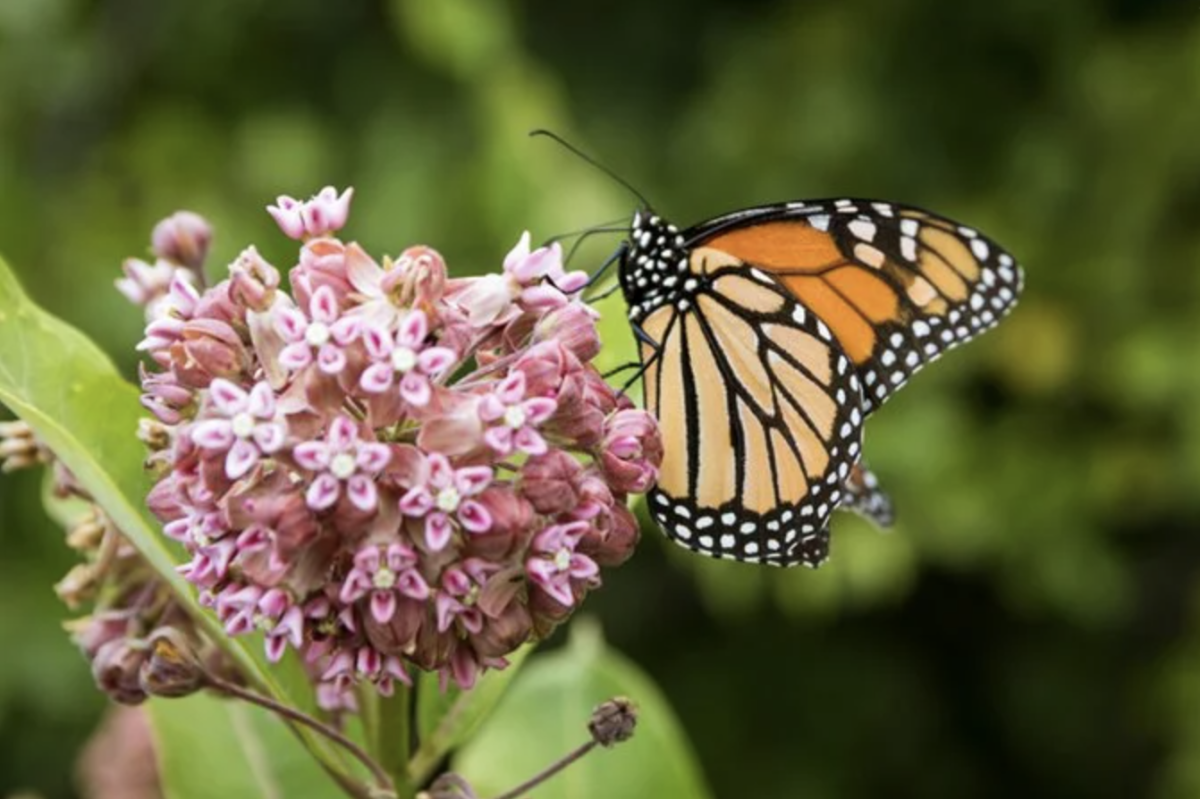National pollinator week is an important celebration that really highlights the importance of pollinators in our ecosystem. This year it is June 17th – 24th.
It’s a time to celebrate the heroes of our ecosystem – bees, butterflies, birds, and bats. These beautiful creatures play a big role in our food production and biodiversity through the process of pollination. As they move from flower to flower, these pollinators help plants reproduce by transferring pollen, leading to the production of fruits, vegetables, and seeds that are essential for our food supply. Their diverse pollination activities not only support agriculture but also contribute to the rich life on Earth.
As pollinators go about their crucial work, they tend to face numerous threats that endanger their existence. According to the National Wildlife Federation, habitat loss due to agricultural expansion disrupts their natural habitats, making it very challenging for pollinators to find food and shelter. As well, the use of pesticides in farming practices gives a huge risk to pollinators’ health and living structure.
By preserving and restoring their habitats, reducing pesticide, and raising awareness about the importance of pollinators, we can fully contribute to their protection and ensure their continuing their role in our ecosystem.
People can make a difference and a huge impact on pollinator conservation right in their own very backyard! By planting pollinator-friendly plants like milkweed for pollinators. Also, support local beekeepers by buying honey or beeswax products. This not only helps these businesses, it also helps the local bee populations.
Every single small action counts towards creating a more pollinator friendly environment. By working together we can ensure a bright future for pollinators during this important week. Plant some local pollinator friendly flowers, and also support local bee-keepers.




Gissel Borjas • Jun 6, 2024 at 9:47 pm
This article is super informative! We attend a local farmer’s market so I’ll be sure to ask about our local honey. 🐝